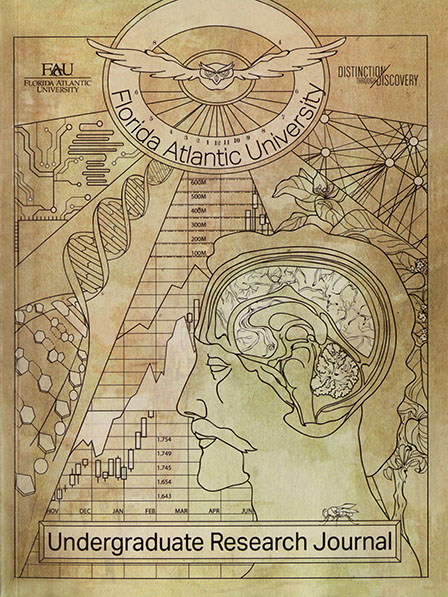Curiosity, Low Self-Control and Deviance: An Exploratory Study
Abstract
Many theories in the criminological literature try to explain the causes of crimi-nal behavior. Perhaps the most widely tested, discussed, and debated theory in the crimi-nal justice field is Michael Gottfredson and Travis Hirschi’s (1990) A General Theory of Crime. The authors argue that “low self-control” represents the primary cause for in-volvement in crime. The present research tests “Low Self-Control Theory” against an original theory proposing Curiosity as an additional cause for criminal involvement. The data used in the analysis was obtained by surveying a convenience sample of college stu-dents (age 18 and older) in various classrooms at a southeastern university. The survey contained measures for Low Self-Control (developed by Grasmick et al., 1993), Curiosi-ty, Exploratory Deviance, and controls for the variables Gender and Age. A review of the analyses reveals that Curiosity does significantly predict the involvement in more minor forms of Exploratory Deviance, controlling for Low Self-Control, Gender and Age. These results indicate that the research hypothesis, Individuals who are more curious are significantly more likely to engage in exploratory deviance than individuals who are less curious (controlling for the effects of low self-control), received partial support.Downloads
Published
2015-04-02
Issue
Section
Articles


